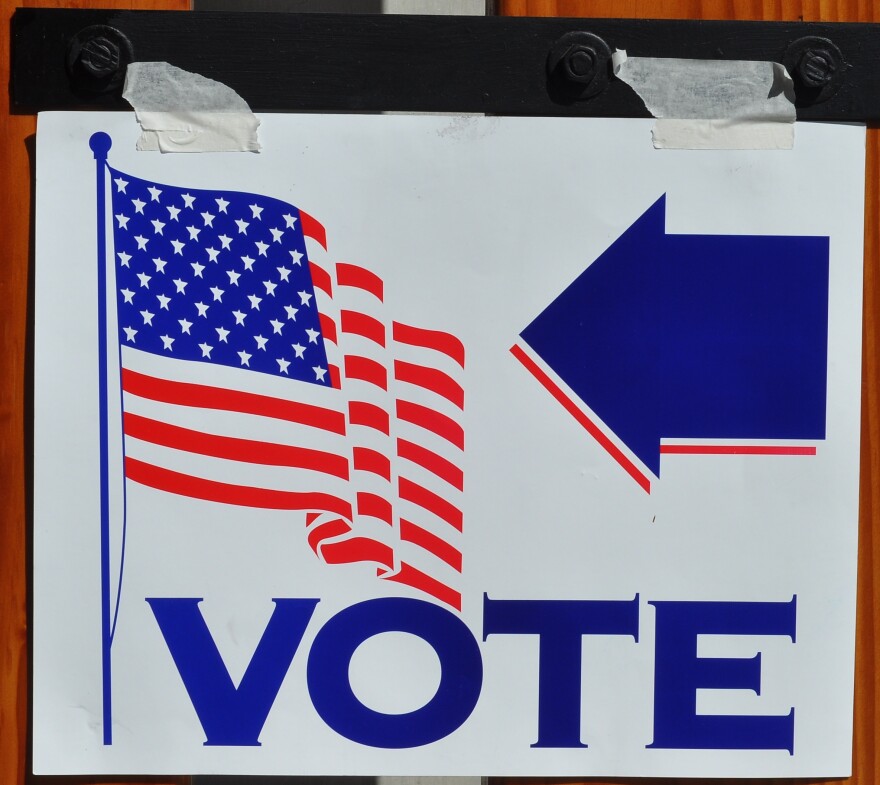The Michigan Senate held its first committee hearing on a series of bills to implement voter-approved election reforms Wednesday. Those are outlined in the Proposal 2 constitutional amendment of last year.
“We want to give local clerks the guidance on how to conduct early voting and the other provisions in Proposal 2 so that they can refine their practices so that voters know what to expect before the next statewide election when this is required,” Senate Elections and Ethics Chair Jeremy Moss (D-Southfield) said after the three-hour meeting.
One of the biggest changes is the creation of a nine-day early voting period. The plan for handling it would give local clerks the leeway to conduct their own early votes, or partner with each other or the city.
The nine-day window would initially run from two Saturdays before an election up through the Sunday before. Starting in 2026, it would also loop in the preceding Monday.
Beyond that, clerks would have the option to add more early voting days within the 29-day period before an election.
During Wednesday’s hearing, Sen. Ruth Johnson (R-Holly), who served two terms as Michigan Secretary of State, questioned whether that would be fair for all communities.
"If one has nine, and one has 29, the one with 29 has far more access than the one with nine. So, I would like to look into that further because I don’t believe that is equal access,” Johnson said.
But Moss said voters in areas that are limited to nine days of in-person early voting would still be able to cast their ballot earlier than that through the absentee ballot system.
During testimony, Lansing City Clerk Chris Swope brought up an issue of equity versus equality.
“I am a jurisdiction of close to 90,000 registered voters and I expect 18,000 people in a large election … to early vote,” Swope said. “So, restricting my community to nine days where that might create lines does not create equity.”
At the county level, clerks are also looking for guidance from the state on how to put the amendment’s sweeping changes into place.
Saginaw County Clerk Vanessa Guerra said lawmakers need to implement the ballot proposal quickly to give clerks time to adapt. She said the amendment creates new stresses on county clerks.
“Prior to this legislation, the counties were very involved at the beginning and the end of elections. And now we’re smack dab in the middle. And so, this legislation has entirely changed the lives of every county and local clerk,” Guerra said.
If the bills pass, some communities could begin testing out early voting in their upcoming August primaries for local elections. Moss said his hope is to get legislation to the governor before lawmakers go on their summer recess.
Other bills in the package detail procedures for signature matching, a permanent absentee voter list, and absentee ballot drop boxes.
While the package had bipartisan sponsorship, concerns over election security persisted during Wednesday’s meeting.
A suggestion to give voters the chance to opt into a permanent absentee voter list for only certain kinds of elections while skipping others, like primaries, came up during the hearing.
Moss left the door open for bills to change before a planned vote to advance them to the full Senate next week.
Meanwhile, the House Elections Committee is planning its own hearing for similar legislation Thursday.
Separate bills to implement other parts of Proposal 2 are already making their way through the Legislature, including one outlining an absentee ballot tracking system that passed the Senate Wednesday.
Non-commercial, fact based reporting is made possible by your financial support. Make your donation to WEMU today to keep your community NPR station thriving.
Like 89.1 WEMU on Facebook and follow us on Twitter
Contact WEMU News at 734.487.3363 or email us at studio@wemu.org






